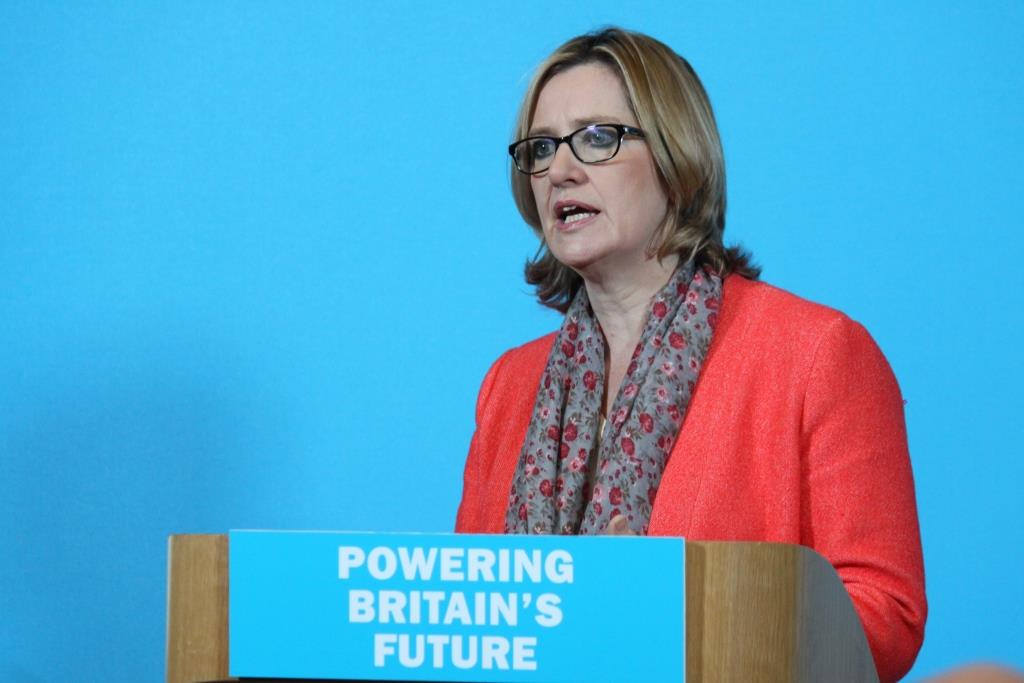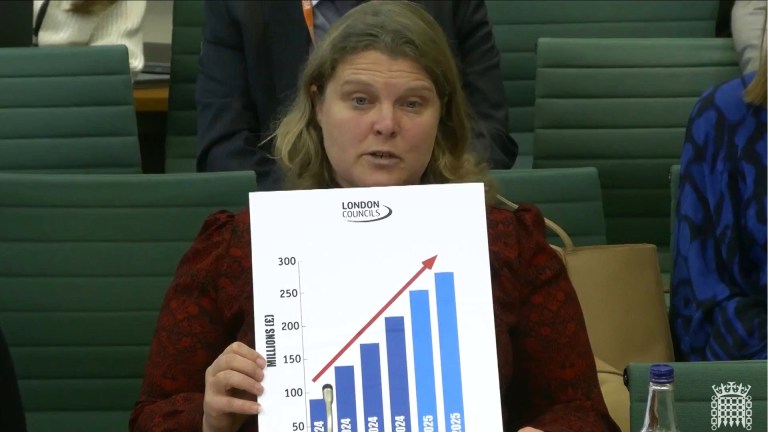“The purpose of the freeze was two-fold: one was to make the benefits system sustainable because between 1997 and 2010 it had gone up £84bn in real terms. The taxpayer has to pay for it,” said Rudd, while being grilled by the Work and Pensions Committee on Monday.
“Benefits had gone up 21 per cent and mean earnings had risen by seven per cent so it was about trying to redress that balance and incentivise work.
“What the government has done is try to target support in the area where it delivers most and deliver on the government’s aim of getting people into work.
“I have private conversations with the Chancellor and I am satisfied that the right amount of money has gone in instead of lifting the freeze, to raise low incomes. The freeze will stay.”
The committee has called for the benefit cap to be scrapped too, warning that 82 per cent of the households affected by the stagnated pay rates cannot escape it.
Advertising helps fund Big Issue’s mission to end poverty
They also found that DWP claims that the cap is saving money are wide of the mark, suggesting that the claimed savings of £190million a year are just one per cent of the expected savings from welfare reforms since 2010 and 0.1 per cent of the total welfare bill.
What genius in government thought this one up?
Committee chair Frank Field said: “It would be difficult to think of a more cruel cut. Benefits are being cut with the aim of driving people into work, but four in five people bearing this cut aren’t expected to work. What genius in government thought this one up?”
Rudd also confirmed that the 10,000-strong managed migration pilot will take place in Harrogate.
The Work and Pensions Secretary halted the full Universal Credit roll-out, which is scheduled to be completed in December 2023, earlier this year, instead reducing the roll-out to a smaller trial.
The 1.6 million people currently on Universal Credit are new claimants or have had a change of circumstance – but managed migration will move claimants from old-style legacy benefits on to the controversial new system.
Advertising helps fund Big Issue’s mission to end poverty
Rudd confirmed that Harrogate was chosen because Universal Credit had already been in place for three years and had a mix of both rural and urban claimants.
A vote on when the full roll-out should begin is currently scheduled for July, she also confirmed.
“The switch needs to be done carefully which is why we are taking a step-by-step approach to this, starting in Harrogate,” said Rudd.
“I want to be sure that the switch to Universal Credit is a hassle-free process for claimants and everyone receives the personalised service they deserve.”










